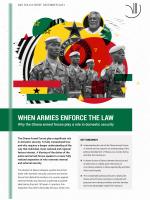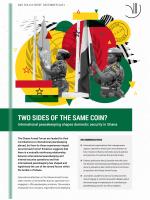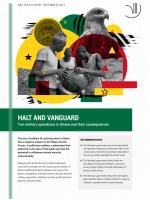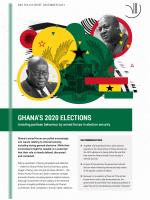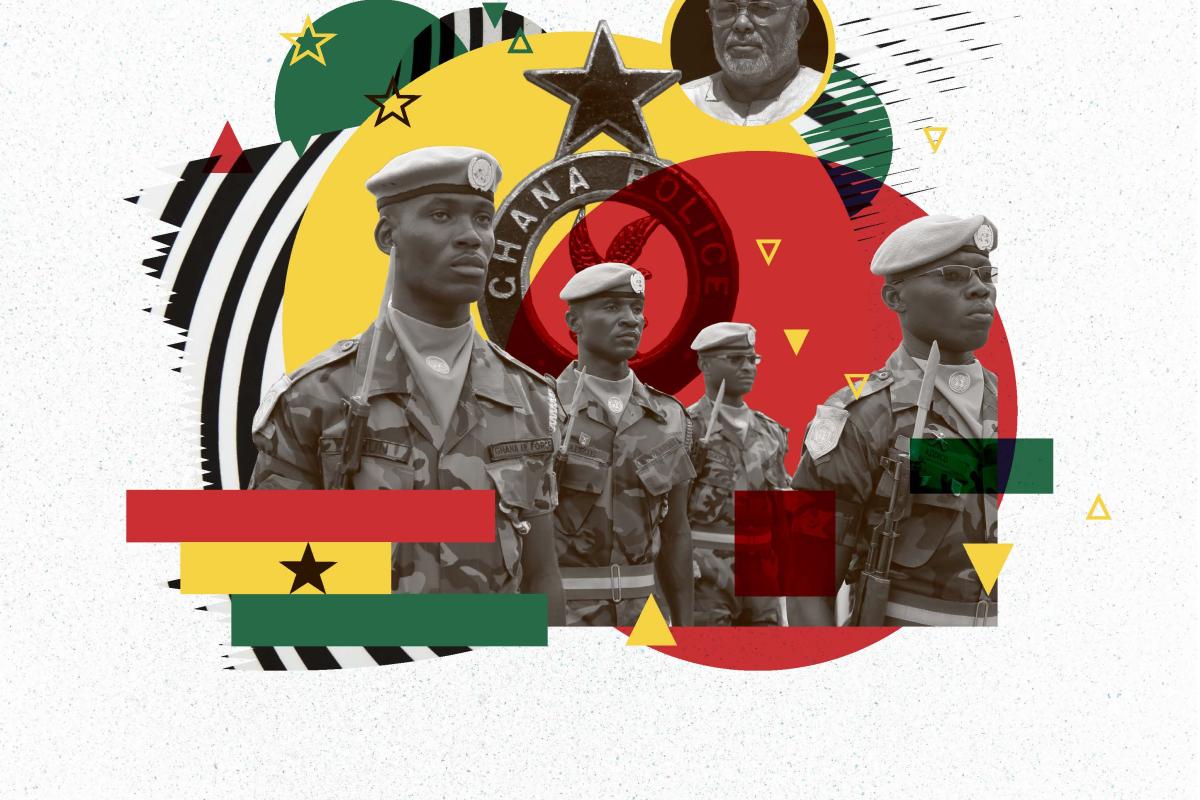
Peacekeeping risks militarising troop contributing countries
The desire to curb migration, terrorism and transnational crime is a big driver for European countries to engage militarily in Africa. However, by far the biggest contributors of troops to UN peacekeeping missions are countries from the global South. Until now, academic attention has primarily focused on how missions affect the countries that host them and on assessing whether they have the desired effect in the short, medium and long-term.
But contributing to missions also has extensive implications for the countries that provide the troops when their soldiers and police officers return home. According to new research from Ghana, peacekeeping directly influences and shapes the roles and responsibilities that the armed forces are given in domestic security.
‘We wanted to understand how knowledge, values and experiences from international operations are being transferred as the soldiers and police return to their home countries, and how this knowledge is used to build better policing and better security in their countries of origin. With 60 years of participating in international operations, Ghana was an obvious place to start’, says Fiifi Edu-Afful, Senior Research Fellow at the Kofi Annan International Peacekeeping Training Centre and member of the research project Domestic Security Implications of UN Peacekeeping in Ghana (D-SIP).
‘...and what we have seen is that the experiences have been absorbed deeply into how security is provided back home in Ghana.’
Blurred lines
We have seen a lot of positive impacts from participating in international peacekeeping, such as soldiers having more respect for human rights, but what we also see is that the military are taking on the same tasks at home as they do when they are deployed abroad
With more than 2,000 pairs of boots on the ground, Ghana is the world’s ninth largest contributor to UN peacekeeping missions in countries like South Sudan, Mali and Lebanon. Even though Ghana is considered a stable country in a region that has experienced numerous conflicts and coups since the Cold War, the Ghana armed forces are playing a growing and central role in domestic security, taking on tasks that are normally reserved for the police. The pull comes from many directions, including a population that does not trust the police, an elite that wants to appear tough on crime and considers the military the more robust instrument, but it also springs from the soldiers’ own perception of their role, which is in part based on their experience as peacekeepers:
‘We have seen a lot of positive impacts from participating in international peacekeeping, such as soldiers having more respect for human rights, but what we also see is that the military are taking on the same tasks at home as they do when they are deployed abroad’, says Edu-Afful.
The research is based on dozens of interviews with both high and low-ranking soldiers and police officers across Ghana, all of them with peacekeeping experience. The interviews show that many of them perceive their roles at home in domestic security and abroad in peacekeeping to be similar, conducting patrols, protecting the civilian population, escorting VIPs, and performing guard duty. These similarities help to legitimise and normalise a role for the military in law enforcement, but they also open up to interpreting internal security operations as indirect preparation for peacekeeping.
This results in blurred lines of division between soldiers as those who defend the country’s borders and police officers who deal with law and order domestically. In Ghana, the military has increasingly been drawn into law enforcement relating to illegal mining, illegal logging and disputes among local chiefs; this poses several challenges.
‘A last resort’
The military should always be seen as a last resort, but that is not the case in Ghana right now. In fact, it is often the first choice of politicians and even of the police themselves when they feel overwhelmed.
Historically the army has played an intimate role in Ghana’s political life, but developments over the last 30 years since Ghana became a republic in 1993 following more than twenty years of military rule, should be a warning sign of rising militarisation of the country. It risks further undermining the role of the police but also the authority of the military itself, says Edu-Afful:
‘The military should always be seen as a last resort, but that is not the case in Ghana right now. In fact, it is often the first choice of politicians and even of the police themselves when they feel overwhelmed. This development rests upon a history of military involvement in governing the country as well as a general popular mistrust in the police caused by corruption, lack of training and underfunding.’
In four policy briefs D-SIP researchers recommend broader public discussions among politicians and civil society actors about the consequences of contributing to peacekeeping and about the degree to which the military should be involved in domestic security matters. In the case of Ghana, however, the pragmatic question is not if this should be the case, but rather what their engagement in domestic security should look like, how to clearly define and contain it.
‘We need to contest the narrative of the military as the only effective solution to internal security challenges, not only to minimise the risk of unnecessary violence in Ghana, but also because we now see that the military’s “sanctity” is being compromised and exposed to some of the same critiques as the police‘, says Edu-Afful. A recent example of this was the 2020 general election in Ghana where the military was accused of human rights abuses, political intimidation and bias.
Security threats are changing
The research is based on developments within Ghana, but there is much to learn for West Africa in general and Africa more broadly. The changing patterns of conflict after the Cold War and the 9/11 terrorist attacks on the US, have led to an altogether changing role of the armed forces. Indeed, it is part of a global trend that armed forces are playing a more active role in domestic security.
‘The conflicts we see today are no longer fought between states – they occur within states, as we see in the case of Mali where you have non-state actors and terrorist groups creating totally different dynamics. This means that you cannot use the same approach to deal with security as you did 30–40 years ago’, says Edu-Afful.
This also means that in pragmatic terms there is potential for countries to learn from participating in peacekeeping around the world – not least those countries that contribute the most such as Ghana, according to Edu-Afful:
‘If you look at the top ten contributors of UN peacekeeping troops, they are countries from the Global South. Our research is also a chance for us all to learn how we can transfer the knowledge from the work that we do abroad in order to improve security in our own countries.’
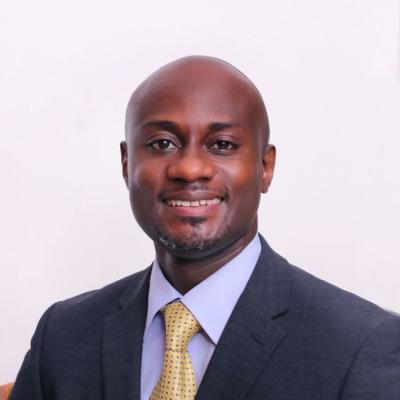
The research project Domestic Security Implications of UN Peacekeeping in Ghana (D-SIP) is coordinated by DIIS, funded by the Danish Foreign Ministry and supported by the Danish Fellowship Centre.


